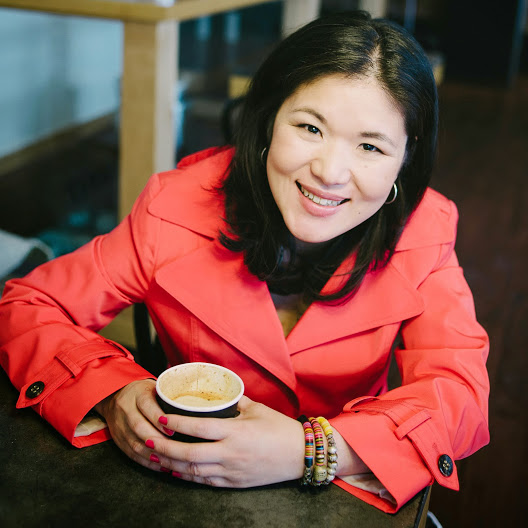Since Thrive is speaking about mental health, I thought I’d share something that I found stunning about widows. A handful of years ago, I began research for what would become the book I co-authored “A Widow’s Guide to Healing”, by interviewing as many widows as I could. I wanted to gather the narratives of widows, and put their stories together in the hopes that if one widow could connect with the story of another widow then it may inspire them to find courage and strength in their own journey.
And during the three years, I listened to widows, one of the most surprising things I learned was how many of them thought about suicide. To be clear, this response cut across all educational, social economic status, as well as religious affiliation, age, cause of their loved one’s death, living alone or with someone, children or no children. And the question of having thoughts about suicide was not something I directly asked the widows. However, during the conversation, there was an abundance of widows who said to me, “I’ve never told anyone this, but the thought of suicide crossed my mind.”
For some, the thought came shortly after their beloved’s death. And for others, it was years later (after their spouse’s death) upon realizing their new life post-loss was filled with more loneliness and fear than they anticipated. While this may come as a surprise to some widows, including myself, I started to realize it is an important topic that professionals and others who care about widows should be aware of.
What I found remarkable in listening to these widows who spoke about their thoughts of suicide is that many had been or were currently under the care of a mental health professional. More than one widow told me their own doctor who was prescribing the antidepressants never asked them if they thought about suicide.
This led me to my next inquiry of seeking to understand why they chose to tell me, someone, they’ve never met before this conversation. And time and time again they simply said, “Because you listened to my story.”
Since suicide is a topic that is often if ever spoken about in hushed tones and stunning whispers, as a practitioner and co-author of a book about grief, I think it is incumbent upon those working with widows to pause and ask them if they have thoughts about suicide. I also think it is important to keep in mind, that some of the widows I spoke with did not have these thoughts about suicide immediately following their partner’s death. For some, it was years later.
While one may be at a loss for words about what to say to a bereaved individual, it is important to remember that you can’t replace a person, so telling them to “move on” isn’t helpful. In the case of widows, many are living through this emotional avalanche, called grief, without their main support person- their partner and it is terrifying.
Grief at whatever time can be extremely isolating and filled with fear. Reaching out and asking about suicidal thoughts is scary yet imperative.
The National Suicide Prevention Lifeline Number To Call is 1-800-273-8255 if you have thoughts about suicide or someone you know is suicidal.


